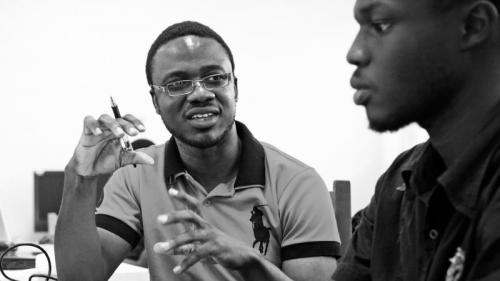ASSOCIATED PRESS by Maria Cheng and Raphael Satter March 20, 2015
GENEVA — In a delay that some say may have cost lives, the World Health Organization resisted calling the Ebola outbreak in West Africa a public health emergency until last summer, two months after staff raised the possibility and long after a senior manager called for a drastic change in strategy, The Associated Press has learned.
Among the reasons the United Nations agency cited in internal deliberations: worries that declaring such an emergency — akin to an international SOS — could anger the African countries involved, hurt their economies or interfere with the Muslim pilgrimage to Mecca.
Those arguments struck critics, experts and several former WHO staff as wrong-headed.
"That's like saying you don't want to call the fire department because you're afraid the fire trucks will create a disturbance in the neighborhood," said Michael Osterholm, a prominent infectious diseases expert at the University of Minnesota.
In public comments, WHO Director-General Dr. Margaret Chan has repeatedly said the epidemic caught the world by surprise.

 Kpetermeni Siakor (left), a Liberian who is studying in Ghana, used crowdsourcing software to help out during the Ebola epidemic.
Kpetermeni Siakor (left), a Liberian who is studying in Ghana, used crowdsourcing software to help out during the Ebola epidemic.




Recent Comments